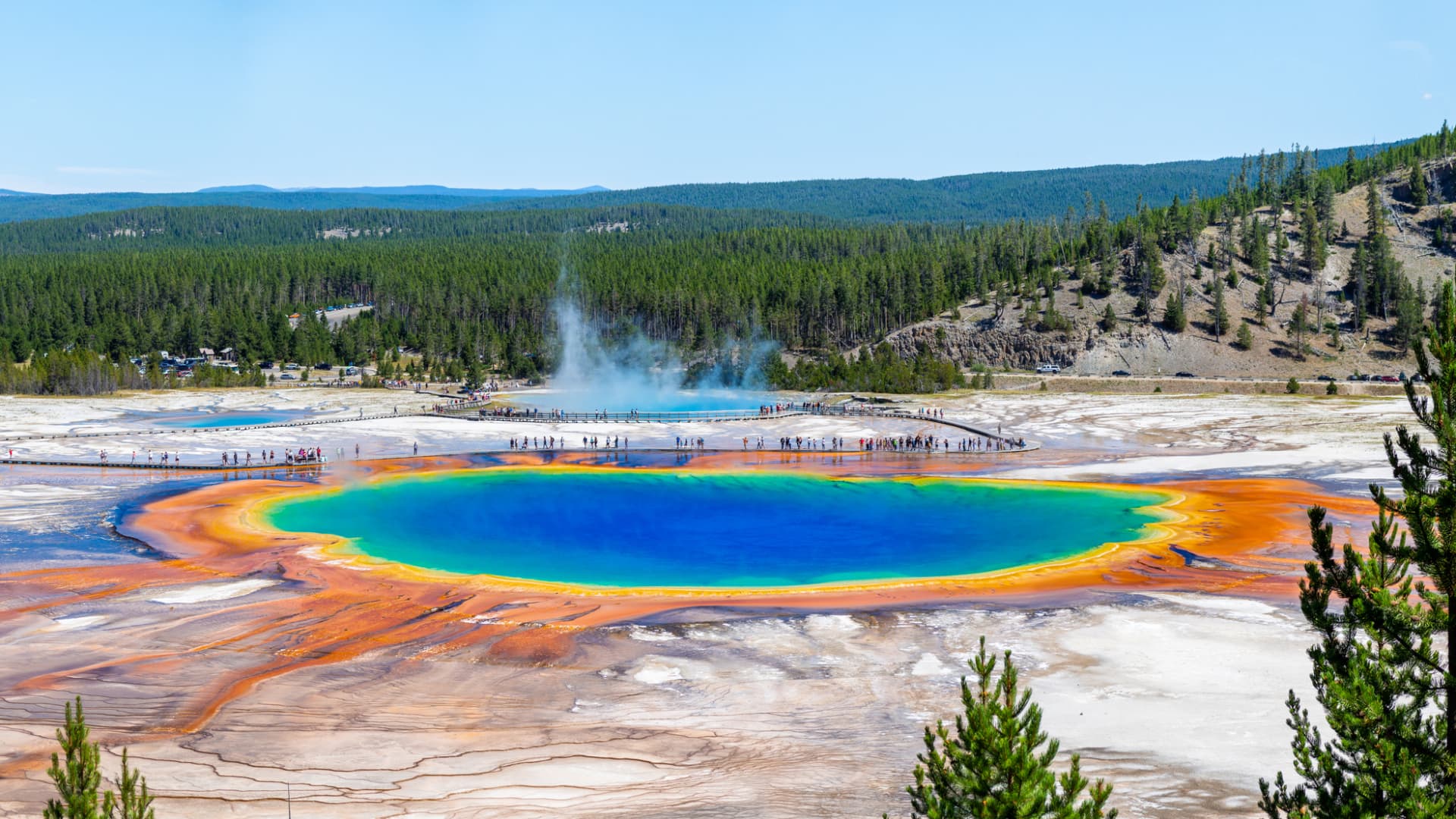The French cosmetics giant, which owns the Maybelline and Lancome brands, reported sales of 11.24 billion euros ($11.98 billion) for the first three months to the end of March.
The sales growth exceeded a consensus of a 6.1% rise cited by analysts at Jefferies. Sales were up 8.3% on a reported basis.
The performance by the world’s biggest beauty company will reassure the market after bearish comments from U.S. retailer Ulta Beauty earlier this month about a faster-than-expected slowdown in the United States.
The comments knocked L’Oreal shares by about 4% and also pressured U.S. make-up brands e.l.f. Beauty, Coty and Estee Lauder.
L’Oreal said sales in both North America and Europe grew by more than 12%, as its mass market range and dermatological products compensated for weakness in the luxury segment. Despite concerns about slowing sales in leading market the U.S., L’Oreal said its consumer products division, which accounts for more than a third of its revenues, grew 11.1% on a like-for-like basis. The company benefited from higher volumes as well as value in the unit, with strong demand in Europe and emerging markets.
The smaller but fast-growing dermatological beauty unit, which sells La Roche-Posay and CeraVe skincare, grew 21.9%, as it continued to benefit from medical recommendations.
Sales in the luxury division that markets fragrances such as YSL’s Libre and Aesop products acquired last year, grew 1.8%, beating expectations for a decline, as strong growth in Europe and North America helped offset softness in North Asia.
North Asia suffered from an unfavourable comparison base in Travel Retail and sluggish market growth in mainland China, the company said, but added that L’Oreal, with growth of 6.2% in China had significantly outperformed.
Shares in L’Oreal, Europe’s 6th most valuable listed company, with a market capitalisation of about 220 billion euro ($234.26 billion), have lost 6% so far this year, compared to a 5% fall at U.S. peer Estee Lauder.













